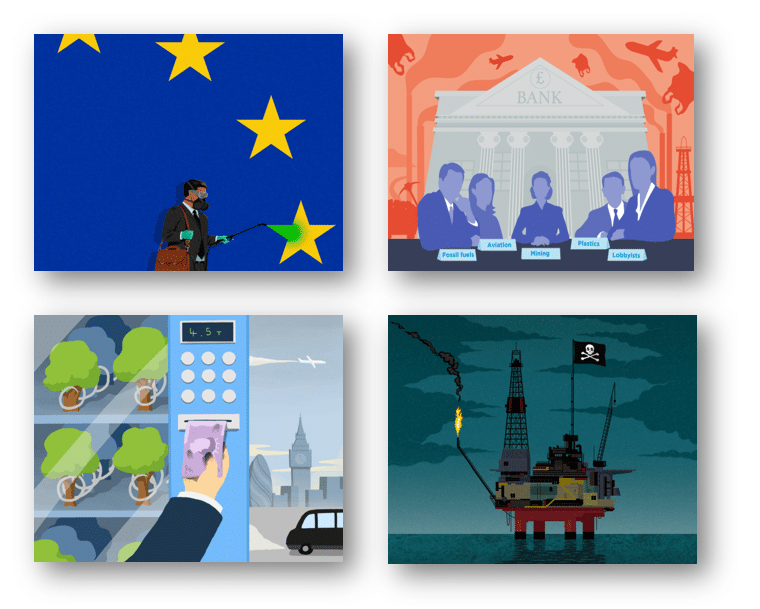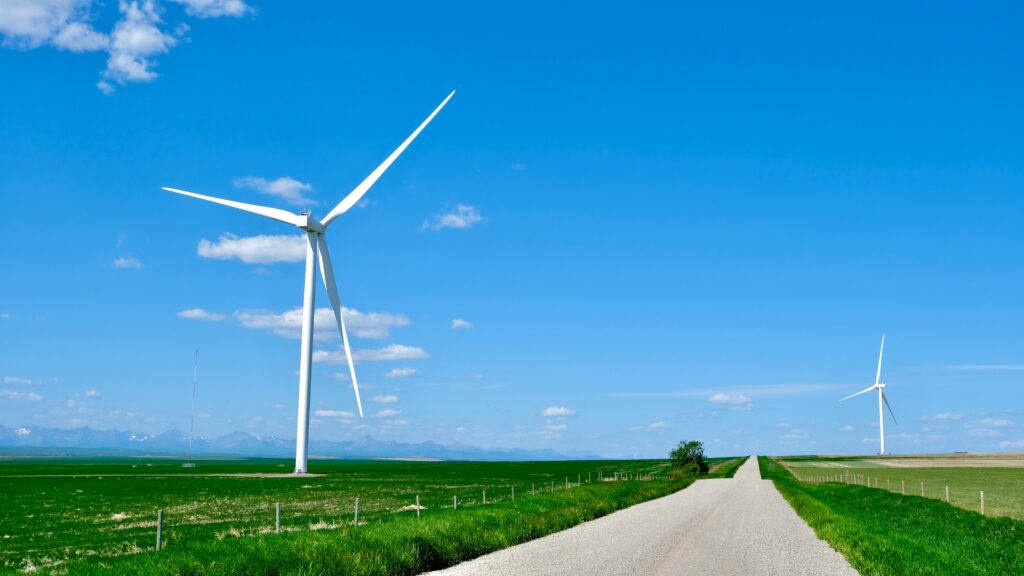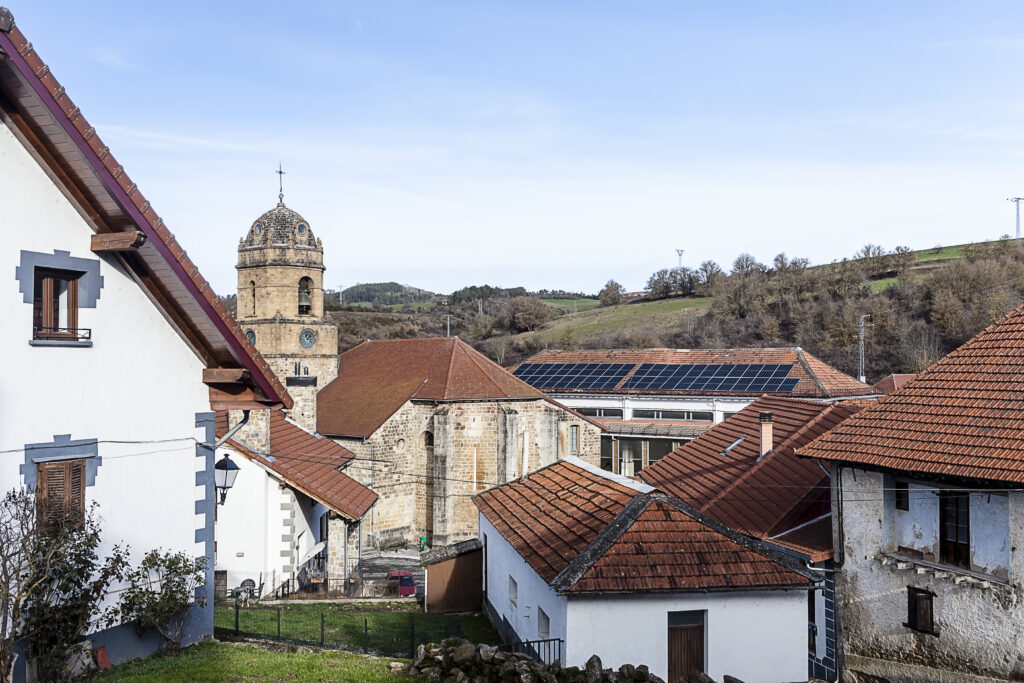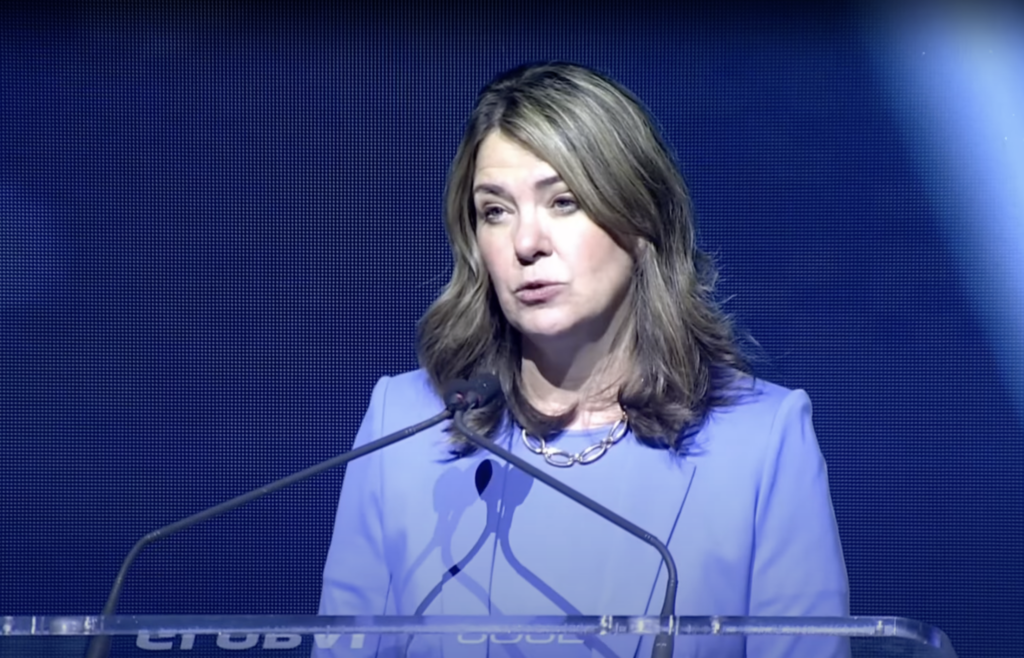Another time warp of a year is drawing to a close, with the image of Covid-19 booster queues snaking around street corners marking a sombre end to a long 12 months.
As the pandemic continues to wreak havoc globally, climate change and its impacts again made waves around the world – with a surge in extreme weather events preventing anyone from looking away.
This was especially visible in the build-up to the COP26 climate conference in Glasgow, postponed a year due to Covid. While the United Nations negotiations were broadly summed up as “worse than hoped for, not as bad as feared”, most activists felt efforts to keep the 1.5C target “alive” hardly went far enough to avoid catastrophic climate change.
Since the summit, climate has slipped down the agenda, as fears over Covid once more take centre stage, and Boris Johnson’s government faces accusations on everything from forbidden Christmas parties to second job sleaze.
Throughout the year, DeSmog’s UK team has been busy producing hard-hitting investigations that expose the forces continuing to undermine climate action. We’ve continued to collaborate with media partners while striking out on our own with agenda-setting journalism.
Below is a small selection of what we’ve uncovered these past months – we hope it provides some decent (if enraging) reading material over Christmas. We’ll be taking a break over the festive period, and hope you are able to rest up too. See you back here in 2022.
‘Climate-Conflicted’ Bank Directors
Banks continued to raise their net zero ambitions this year — and to trumpet these pledges from the rooftops (or social media platforms).
A major investigative series by DeSmog delved beyond the shiny pledges by analysing the past and current employment of directors at 39 global banks.
We found nearly two thirds of the 565 directors determining how these banks lend their money had current or past ties to oil, coal, gas, and other high-carbon sectors – revealing what campaigners called a “revolving door” between banks and polluting industries, and raising doubts about their commitment to reaching net zero.
This series included an investigation into banks across the globe, as well as specific analyses on UK, Australian, and South African bank directors.
And once you’re done reading those, it’s worth checking out our deep dive into insurance companies – which showed that just over half of all directors at 30 of the world’s largest insurance companies have affiliations to polluting companies and organisations, including several individuals holding senior roles at some of the world’s largest fossil fuel companies.
North Sea: Murky Waters
The North Sea was a major talking point this year as campaigners stepped up pressure on Boris Johnson’s “build back better” government to put a stop to any new fossil fuel projects.
DeSmog analysed dozens of companies currently holding North Sea licences. As more established oil and gas majors exit the industry, the region’s new players were revealed to have a track record of lobbying against climate policy, polluting the environment, and committing alleged labour violations.
The tide now seems to be turning — in part thanks to a maelstrom of public outrage against projects like Cambo, a proposed oilfield development located around 75 miles north west of the Shetland islands, which developers said could yield over 170 million barrels of oil over 25 years.
In December, DeSmog reported on a court case brought by campaigners who say the UK’s tax breaks for the oil and gas industry are “unlawful” and harm climate action. Just a week before, Shell pulled out of the Cambo project, and days after the hearing its partner Siccar Point Energy put it on pause — in what campaigners called a “death knell” for future oil and gas development.
Carbon Offsets: Carney’s Taskforce
Away from the headlines made by COP26, Cambo and the Cumbria coal mine, a new taskforce is quietly repairing the voluntary carbon markets’ reputation as the “Wild West” of carbon offsetting.
Mark Carney’s Taskforce on Scaling Voluntary Carbon Markets (TSVCM), now over a year old, promises to smarten up the sector’s act with more robust standards – but it’s still unclear whether it can be effective enough to actually mitigate climate change.
Mapping it out so you don’t have to, DeSmog waded through an alphabet soup of initiatives, companies and government bodies involved in the taskforce’s making, and revealed its importance in the UK’s ambition to become a “global hub” for offsets.
Biomass: Drax Under Pressure
Energy giant Drax, the Yorkshire power station that has switched from coal to biomass, was the single biggest emitter of CO2 in the UK in 2020 – but still received over £830 million in subsidies from the government last year.
Part of a series of articles on Drax, DeSmog found the company was gaining a greater level of access to ministers through private meetings than zero-carbon wind, solar and nuclear producers – a piece which featured on the Guardian’s homepage.
This level of access is particularly alarming, given Drax is currently hoping to secure subsidy support from 2027, when its first “carbon negative” bioenergy with carbon capture and storage (BECCS) plant is due to be operational. A recent study found such claims around carbon negativity were “wildly exaggerated”, and that with or without CCS, Drax’s biomass supply chain “makes climate change worse”.
Agribusiness: Pesticides Giants’ Lobbying
A year after the Agribusiness Database launched, DeSmog burrowed deep into the world of pesticides once more, highlighting the major players lobbying against the EU’s sustainable farming targets.
The meticulous mapping revealed the sprawling network of agrochemical, pesticide companies and industry groups involved. Lawsuits, wine tastings and other networking events were among the panoply of tools used to lobby for EU regulations to be watered down, DeSmog found.
This extensive body of research was brought together in our newly expanded and updated Agribusiness Database, which now has a total of 35 profiles, including Bayer, BASF, Corteva and the European Crop Care Association.
COP26: Climate Denial and Corporate Greenwash
A team of DeSmog reporters headed to Glasgow to report on arguably the most important climate summit in history, where world leaders were tasked with “keeping 1.5C alive”.
While the UK had explicitly excluded oil and gas companies from having an “official role” at the conference — a first for a COP — we found polluters and greenwashing firms sticking to the conference like a very oily glue.
We found several top oil-producing countries were stacked with oil and gas industry executives and officials from their oil ministries, while just two of 35 country pavilions mentioned any need to cut fossil fuel production.
On the lookout for any lurking climate deniers, DeSmog debunked one denier’s attempt to spread false rumours around the conference, and exposed Lois Perry, the founder of climate denial group CAR26, who falsely claimed on national radio she was ejected from the summit.
Outside of the monotonous airport-style conference halls, the presence of thousands of activists thronging the streets highlighted the importance of people power in bringing about change, and kept pressure on the financial and corporate interests dictating the direction of travel.
Subscribe to our newsletter
Stay up to date with DeSmog news and alerts







